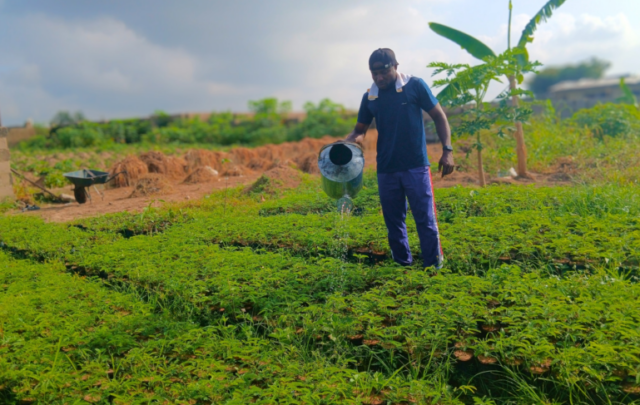In this paper [see link] I define sustainability, sustainable cyclic processes, and quantify the degree of non-renewability of a major biofuel: ethanol produced from industrially-grown corn.
First, I demonstrate that more fossil energy is used to produce ethanol from corn than the ethanol’s calorific value. Analysis of the carbon cycle shows that all leftovers from ethanol production must be returned back to the fields to limit the irreversible mining of soil humus. Thus, production of ethanol from whole plants is unsustainable. In 2004, ethanol production from corn will generate 8 million tonnes of incremental CO2, over and above the amount of CO2 generated by burning gasoline with 115% of the calorific value of this ethanol.
Second, I calculate the cumulative exergy (available free energy) consumed in corn farming and ethanol production, and estimate the minimum amount of work necessary to restore the key non-renewable resources consumed by the industrial corn-ethanol cycle. This amount of work is compared with the maximum useful work obtained from the industrial corn-ethanol cycle. It appears that if the corn ethanol exergy is used to power a car engine, the minimum restoration work is about 6 times the maximum useful work from the cycle. This ratio drops down to 2, if an ideal (but nonexistent) fuel cell is used to process the ethanol.
Third, I estimate the U.S. taxpayer subsidies of the industrial corn-ethanol cycle at $3.8 billion in 2004. The parallel subsidies by the environment are estimated at $1.8 billion in 2004. The latter estimate will increase manifold when the restoration costs of aquifers, streams and rivers, and the Gulf of Mexico are also included.
Finally, I estimate that (per year and unit area) the ineffcient solar cells produce ~100 times more electricity than corn ethanol. We need to rely more on sunlight, the only source of renewable energy on the earth.
» Full Paper (PDF – 800KB)























